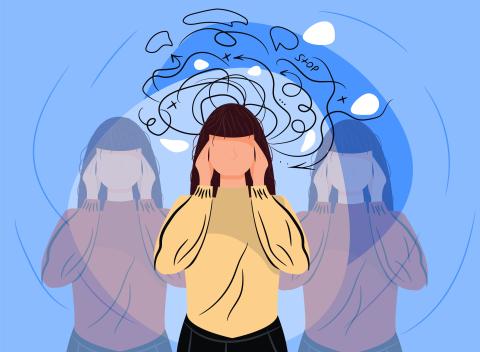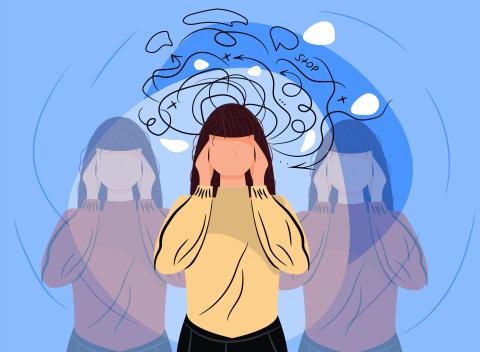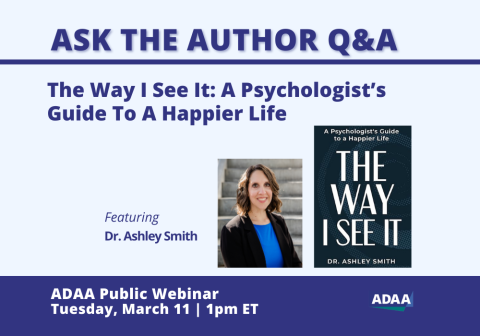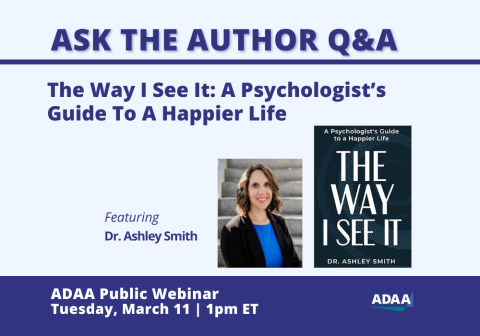The Benefits of Working Out for Our Mental Health
The Benefits of Working Out for Our Mental Health
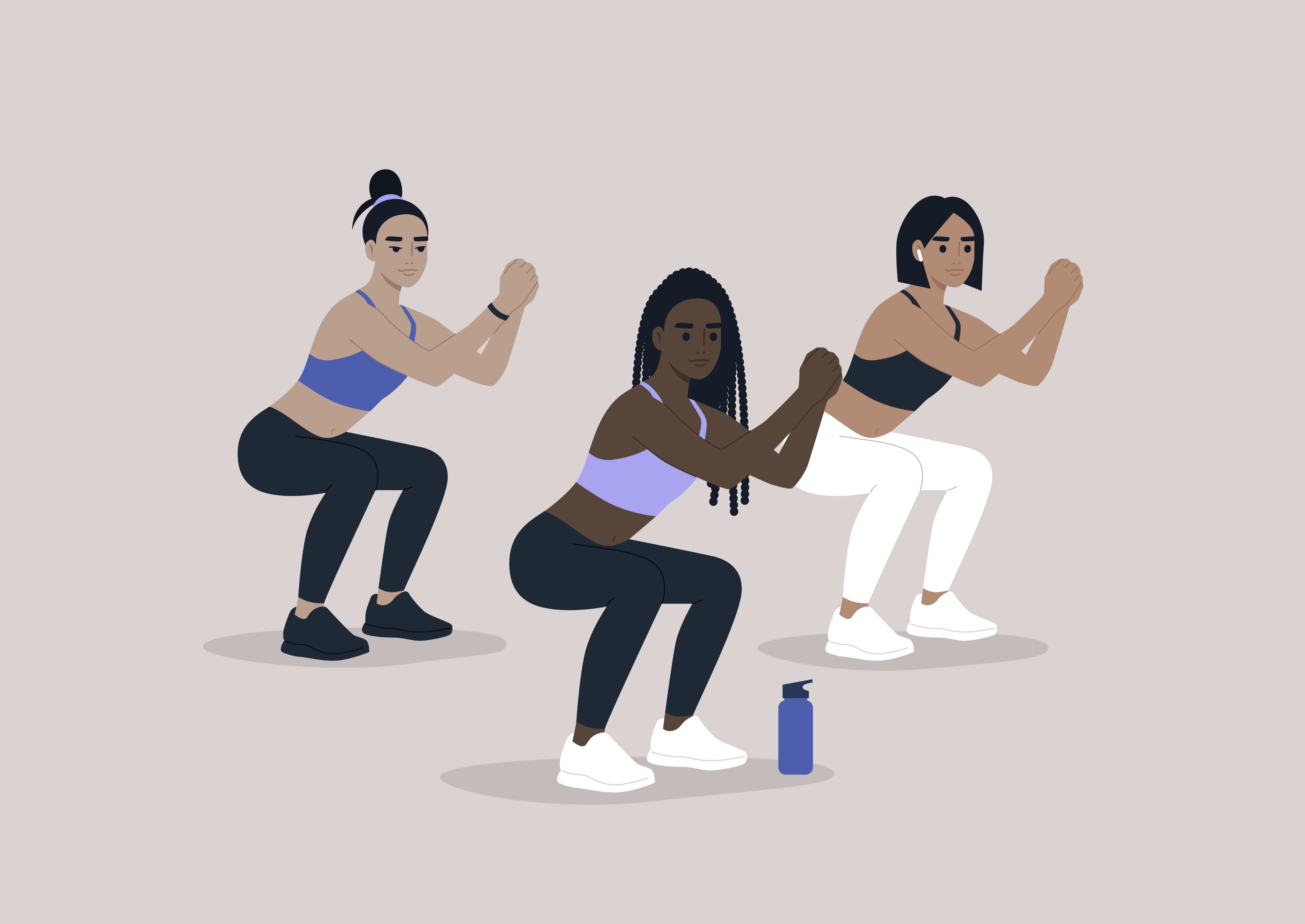
Since the start of the COVID-19 pandemic, a startling 4 out of 10 people have reported symptoms of anxiety or depression, as compared to 1 out of 10 in 2019.
Exercise can play a multifaceted role in alleviating symptoms of depression and anxiety. Strength training not only builds muscle, boosts strength, and burns fat, it has considerable positive impact on our daily mindset.
Here are three ways training your body benefits your mental health.
1. Improved Mood and Increased Energy
Depression is a mood disorder that contributes to feeling a considerable amount of sadness and apathy. A recent study found noticeable improvements in participants' moods following a single session of exercise.
The evidence shows exercise can shift attitude, mindset, and mood in a positive way. Even more promising are the results from a study showing adults who participated in a regular physical activity program had reduced rates of both long-term and acute depression, regardless of their age, sex, ethnicity, financial situation, body mass index, and numerous other factors.
Exercise has also been found to benefit anxious individuals. A 2020 study found that resistance training reduced symptoms of anxiety among young adults within the first week of training. Additionally, a 2017 meta-analysis found that resistance training improved anxiety symptoms among healthy participants along with participants with a mental or physical illness.
2. Gaining a Larger Sense of Purpose
For former athletes whose competitive days ended for one reason or another, a sense of a loss of purpose is quite common. One such former athlete told us one of the most beneficial coping mechanisms she developed was her exercise routine. Consistent exercise made her feel healthy again and, to her surprise, also helped her rediscover her inner strength.
Taking control of your schedule and planning time to resistance train or do other vigorous exercise can, in and of itself, provide a sense of accomplishment, regardless of whether or not you were an athlete.
Developing healthy habits usually requires incremental progress. For those who think they need motivation to start, it's important to realize that motivation tends to come after you get started, not before. Since the research doesn't yet discuss which type of exercise has a greater impact on mental health, the current prescription is to move for about 20-30 minutes a day, three days a week.
3. Better Sleep Quality and Improved Recovery
Sleep is essential for physical and mental recovery. Good quality sleep helps the brain process emotional information. Research shows that exercise improves sleep quality and overall sleep satisfaction in both young and older populations.
Additionally, when we experience good quality, deep sleep, growth hormones that help stimulate muscle growth and repair, bone building, and fat burning are also released. Sleep deprivation, on the other hand, leads to the body's muscles recovering more slowly, and also lowers mood and increases the release of cortisol, the stress hormone.
For more information on exercise and mental health and to view the full article, visit bodybuilding.com
Published in partnership with bodybuilding.com.


